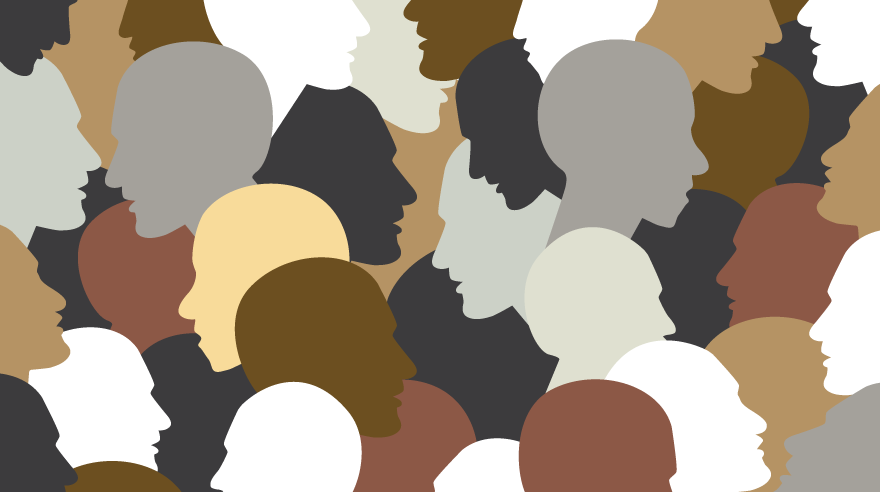A Spotlight on Involvement of Relatives in Direct Patient Care in Ghana;
Balancing Quality with Culture
Written by Prince Assandoh-Mensah, RN in 2020
Quality of Care
Quality is not an option in the field of health, irrespective of wherever you find yourself as a healthcare provider or professional. Whether you are working in a large quaternary health care facility or a small community based primary care facility, the health caregiver must strive to ensure that the patient receives the very best of care.
But what defines or underpins quality care? The World Health Organization (WHO) defines Quality of Care as the extent to which health care services provided to individuals and patient populations improve desired health outcomes.
In order to attain and maintain quality in healthcare delivery, many regulators and managers of health have come out with models and protocols to guide practice. For instance, the Standard Procedure Manual developed by the Nursing and Midwifery Council was designed to guide delivery of nursing care to ensure uniformity and quality nursing care in Ghana.
Though in practice, it is not always possible to attain and maintain quality throughout patient stay in the hospital (for instance, though a hospital may have a protocol to prevent fall or bedsore, patient may still fall or develop bedsore), certain identifiable healthcare facilities have achieved levels that can be said to be the standards of care. The US and the Canadian health system can be of no exception. This is not to say it is void of challenges.
In Africa and Ghana to be specific, the subject of quality care has been top of many intellectual discussions among managers and academicians in the field of health; with quite a number of identifiable hospitals within the region achieving levels that can be said to be a replica of the western health care system.
Direct Patient Care
Direct patient care remains the sole responsibility of healthcare providers – doctors, nurses, laboratory technicians, ward assistants and so on. Current trends across the globe show decreasing levels of participation of family members in the care of their loved ones. Family members are now assuming roles such as periodically checking up on their loved ones and taking part in decision making concerning the health of their loved ones. Financing of care which used to be one of the principal duties of the family is even gradually fading into the hands of health insurance companies in developed countries.
However, in Ghana, the narrative is sometimes different. It’s common to find relatives involved in direct patient care: including providing assistance to maintain personal hygiene, grooming, bringing patient meal preference from home, feeding, purchasing of prescribed medicines, sending of laboratory specimen, retrieving of laboratory reports, and escort of patient to outsourced diagnostic units and referrals.
The Balance?
Though the formal structure of the Ghanaian healthcare system does not permit delegation of such duties to the family, this has been the norm in many hospitals.
Can we say this is a failure on the part of the healthcare providers or the regulators of care in Ghana? Or it is as a result of family-provider mistrust?
First, I would like us to understand that, in most instances relatives choose to assume these roles willingly without being compelled or asked to do so by any healthcare professional. It is usually voluntary and not mandatory. That is to say, patient’s whose relatives do not assume such roles still enjoy the full benefit of the Ghanaian health system.
Also, there is countless number of instances where hospital managers especially nurse managers who institute policies to prevent this act have been branded as wicked or tagged as unfriendly. In fact, a lot of hospital managers aren’t happy about it; as the direct involvements of relatives in care have more negative repercussions in most cases, if not supervised.
The purpose of this write up is not to put shades on the Ghanaian healthcare system but to situate this interesting dynamics in our Ghanaian health care system in the context of our unique cultural dispensation.
This interesting dynamics found in the health care system is rooted in our culture and our belief system as a country. It is of no doubt that, in the traditional Ghanaian society the welfare of the sick becomes the responsibility of the whole family; even to the extended the family members. Abandoning the sick in the family is frowned upon by the society and those who do so are usually maligned or chastised in the society.
Children and young ones believe that taking care of sick parent earns them their blessings. Thus family members contribute in various forms to ensure that the sick is catered for, even to the point of death. Some do so financially whereas others may leave their work to become permanent caregivers for their loved ones. Others may also visit constantly to show their solidarity to the affected person.
Preventing a family member from offering direct care to a loved one is more like creating a path for her to reap curses. No wonder many healthcare professionals who have remained firm in ensuring standards of care are maintained by preventing direct patient care by relatives have been tagged with lots of negatives by these relatives.
As a healthcare professional, will you uphold your standard of care and frown on the belief system of the very people you are providing care to, knowing very well they may not fully embrace your effort? Or rather you will frown on your standards and involve relatives in the care of their loved ones.
I recommend a broader stakeholder discussion on the subject of ‘Relatives Involvement In Direct Patient Care’.
Let me conclude with a quote from Patricia Prelock, Ph.D, dean of the College of Nursing and Health Sciences at the University of Vermont,
“If we don’t have the cultural context of the people we’re serving, we’re not going to be effective as health care professionals. It’s not just in medicine; it’s in nursing, speech pathology, physical therapy, radiation therapy- all the health professions.”




